GOVT'S LABOR REFORM PLANS
입력 2022.06.24 (15:00)
수정 2022.06.24 (16:45)
읽어주기 기능은 크롬기반의
브라우저에서만 사용하실 수 있습니다.
[Anchor Lead]
The government has laid out labor reforms seeking to enhance working hour flexibility. The goal is to manage the current 52-hour work week system on a monthly basis. The labor circles are criticizing the move.
[Pkg]
The 52-hour work week system implemented in July 2018 has been managed on a weekly basis. The current administration wants to manage it on a monthly basis instead. Under the current law, working hours can be extended by up to 12 hours per week. The government wants to change that to 48 overtime hours total for every four weeks. This means work hours will be more flexible. So, from the current 52 hour workweek top cap to for example, 60 or 44 hours every other week would be allowed. However, this requires labor-management agreements.
[Soundbite] Lee Jeong-sik(Minister of Employment and Labor) : "We are receiving many opinions that greater flexibility is needed, as business conditions are becoming more complex and diverse."
Some say longer working hours could be in violation of workers' right to health. The labor minister says protective measures will be enforced simultaneously and workdays will be at least 11 hours apart. But even if labor and management reach a consensus, the overall labor union membership remains low, meaning the new law could be enacted against workers' will.
[Soundbite] Kim Jong-jin(Korea Labour & Society Institute) : "Business sites without labor unions or those with temporary workers lack measures to prevent workers' fatigue. The government should inspect and monitor this aspect more."
Authorities also want to introduce a working hour savings account. Workers will be allowed to accumulate their overtime work hours and use them as vacation instead of receiving payment. For instance, those who accumulate 144 overtime hours can take six-day paid leave. Details will be worked out later. Labor and management have shown contrasting responses. The labor side blasted the government's plan, calling it a declaration of a long working hour labor system. Management, however, says it will help overcome the economic crisis and create jobs. The plan on boosting working hour flexibility requires the revision of the Labor Standards Act by the parliament. The labor ministry plans to set up a task force consisting of relevant experts to devise a detailed legislation draft by October.
The government has laid out labor reforms seeking to enhance working hour flexibility. The goal is to manage the current 52-hour work week system on a monthly basis. The labor circles are criticizing the move.
[Pkg]
The 52-hour work week system implemented in July 2018 has been managed on a weekly basis. The current administration wants to manage it on a monthly basis instead. Under the current law, working hours can be extended by up to 12 hours per week. The government wants to change that to 48 overtime hours total for every four weeks. This means work hours will be more flexible. So, from the current 52 hour workweek top cap to for example, 60 or 44 hours every other week would be allowed. However, this requires labor-management agreements.
[Soundbite] Lee Jeong-sik(Minister of Employment and Labor) : "We are receiving many opinions that greater flexibility is needed, as business conditions are becoming more complex and diverse."
Some say longer working hours could be in violation of workers' right to health. The labor minister says protective measures will be enforced simultaneously and workdays will be at least 11 hours apart. But even if labor and management reach a consensus, the overall labor union membership remains low, meaning the new law could be enacted against workers' will.
[Soundbite] Kim Jong-jin(Korea Labour & Society Institute) : "Business sites without labor unions or those with temporary workers lack measures to prevent workers' fatigue. The government should inspect and monitor this aspect more."
Authorities also want to introduce a working hour savings account. Workers will be allowed to accumulate their overtime work hours and use them as vacation instead of receiving payment. For instance, those who accumulate 144 overtime hours can take six-day paid leave. Details will be worked out later. Labor and management have shown contrasting responses. The labor side blasted the government's plan, calling it a declaration of a long working hour labor system. Management, however, says it will help overcome the economic crisis and create jobs. The plan on boosting working hour flexibility requires the revision of the Labor Standards Act by the parliament. The labor ministry plans to set up a task force consisting of relevant experts to devise a detailed legislation draft by October.
■ 제보하기
▷ 카카오톡 : 'KBS제보' 검색, 채널 추가
▷ 전화 : 02-781-1234, 4444
▷ 이메일 : kbs1234@kbs.co.kr
▷ 유튜브, 네이버, 카카오에서도 KBS뉴스를 구독해주세요!
- GOVT'S LABOR REFORM PLANS
-
- 입력 2022-06-24 15:00:07
- 수정2022-06-24 16:45:04
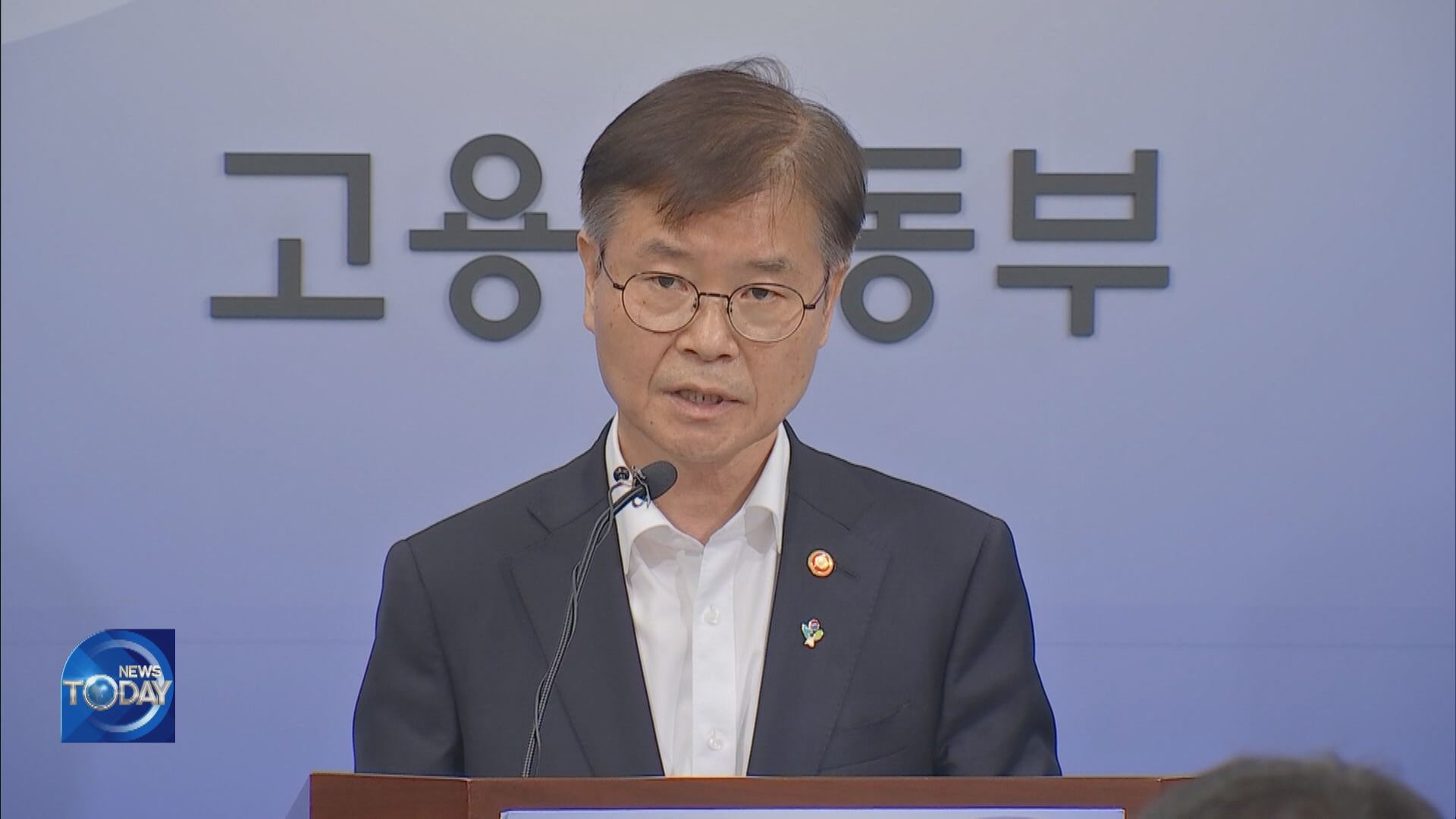
[Anchor Lead]
The government has laid out labor reforms seeking to enhance working hour flexibility. The goal is to manage the current 52-hour work week system on a monthly basis. The labor circles are criticizing the move.
[Pkg]
The 52-hour work week system implemented in July 2018 has been managed on a weekly basis. The current administration wants to manage it on a monthly basis instead. Under the current law, working hours can be extended by up to 12 hours per week. The government wants to change that to 48 overtime hours total for every four weeks. This means work hours will be more flexible. So, from the current 52 hour workweek top cap to for example, 60 or 44 hours every other week would be allowed. However, this requires labor-management agreements.
[Soundbite] Lee Jeong-sik(Minister of Employment and Labor) : "We are receiving many opinions that greater flexibility is needed, as business conditions are becoming more complex and diverse."
Some say longer working hours could be in violation of workers' right to health. The labor minister says protective measures will be enforced simultaneously and workdays will be at least 11 hours apart. But even if labor and management reach a consensus, the overall labor union membership remains low, meaning the new law could be enacted against workers' will.
[Soundbite] Kim Jong-jin(Korea Labour & Society Institute) : "Business sites without labor unions or those with temporary workers lack measures to prevent workers' fatigue. The government should inspect and monitor this aspect more."
Authorities also want to introduce a working hour savings account. Workers will be allowed to accumulate their overtime work hours and use them as vacation instead of receiving payment. For instance, those who accumulate 144 overtime hours can take six-day paid leave. Details will be worked out later. Labor and management have shown contrasting responses. The labor side blasted the government's plan, calling it a declaration of a long working hour labor system. Management, however, says it will help overcome the economic crisis and create jobs. The plan on boosting working hour flexibility requires the revision of the Labor Standards Act by the parliament. The labor ministry plans to set up a task force consisting of relevant experts to devise a detailed legislation draft by October.
The government has laid out labor reforms seeking to enhance working hour flexibility. The goal is to manage the current 52-hour work week system on a monthly basis. The labor circles are criticizing the move.
[Pkg]
The 52-hour work week system implemented in July 2018 has been managed on a weekly basis. The current administration wants to manage it on a monthly basis instead. Under the current law, working hours can be extended by up to 12 hours per week. The government wants to change that to 48 overtime hours total for every four weeks. This means work hours will be more flexible. So, from the current 52 hour workweek top cap to for example, 60 or 44 hours every other week would be allowed. However, this requires labor-management agreements.
[Soundbite] Lee Jeong-sik(Minister of Employment and Labor) : "We are receiving many opinions that greater flexibility is needed, as business conditions are becoming more complex and diverse."
Some say longer working hours could be in violation of workers' right to health. The labor minister says protective measures will be enforced simultaneously and workdays will be at least 11 hours apart. But even if labor and management reach a consensus, the overall labor union membership remains low, meaning the new law could be enacted against workers' will.
[Soundbite] Kim Jong-jin(Korea Labour & Society Institute) : "Business sites without labor unions or those with temporary workers lack measures to prevent workers' fatigue. The government should inspect and monitor this aspect more."
Authorities also want to introduce a working hour savings account. Workers will be allowed to accumulate their overtime work hours and use them as vacation instead of receiving payment. For instance, those who accumulate 144 overtime hours can take six-day paid leave. Details will be worked out later. Labor and management have shown contrasting responses. The labor side blasted the government's plan, calling it a declaration of a long working hour labor system. Management, however, says it will help overcome the economic crisis and create jobs. The plan on boosting working hour flexibility requires the revision of the Labor Standards Act by the parliament. The labor ministry plans to set up a task force consisting of relevant experts to devise a detailed legislation draft by October.
이 기사가 좋으셨다면
-
좋아요
0
-
응원해요
0
-
후속 원해요
0










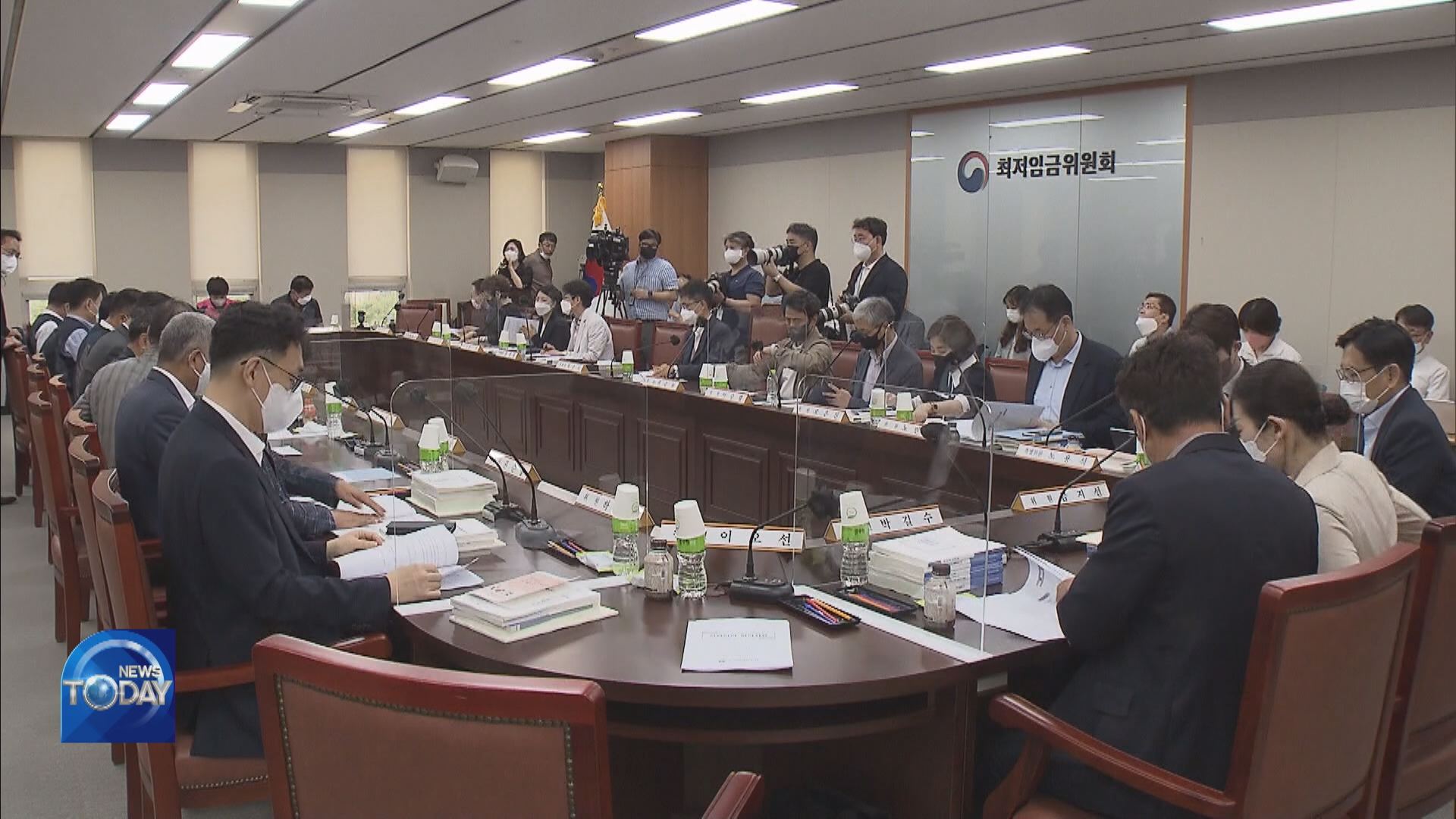

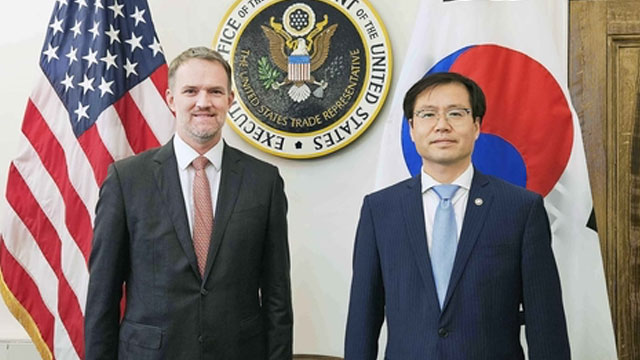
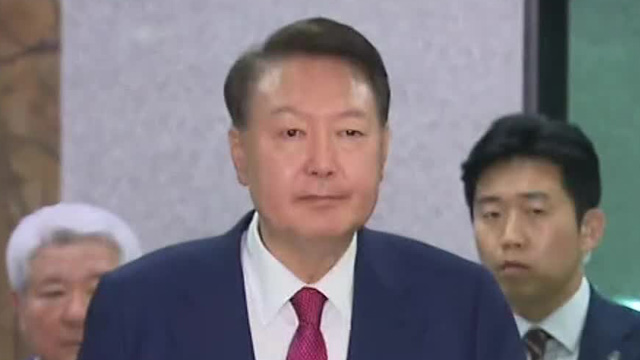

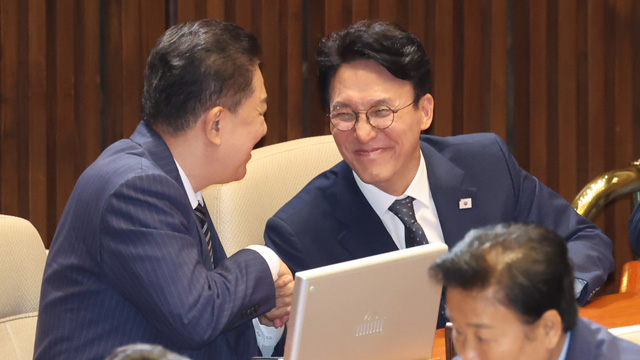

이 기사에 대한 의견을 남겨주세요.